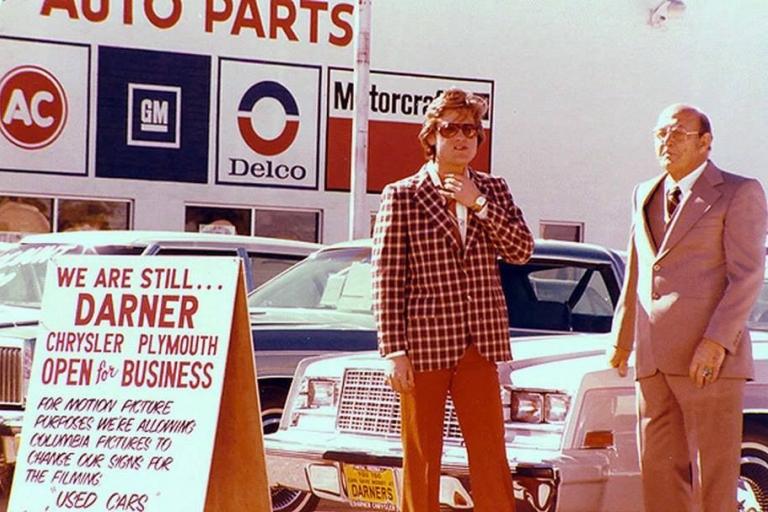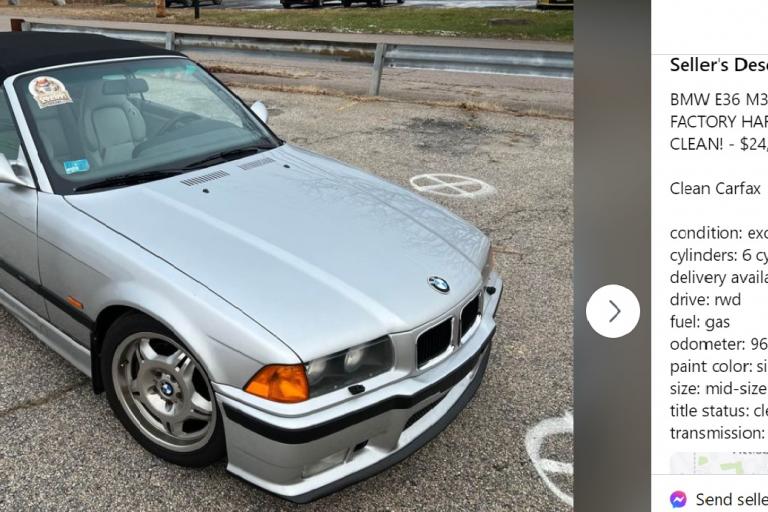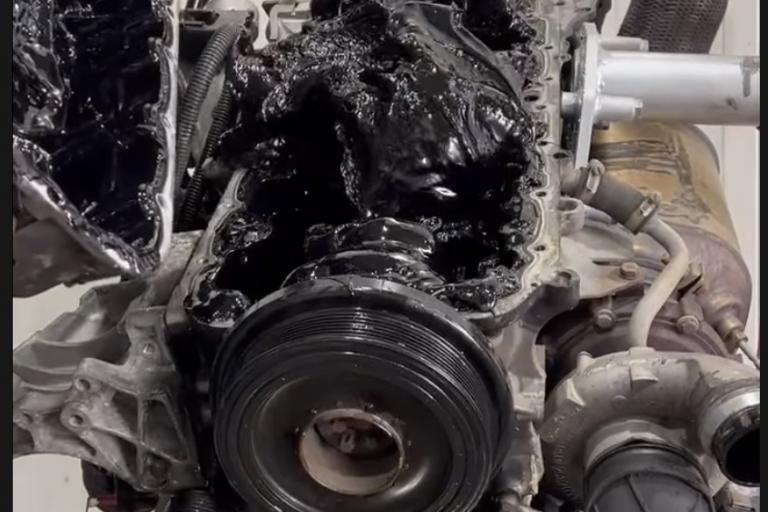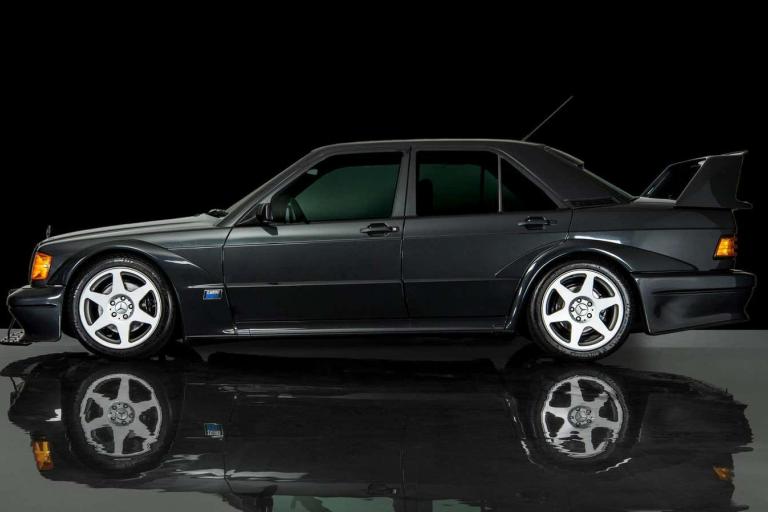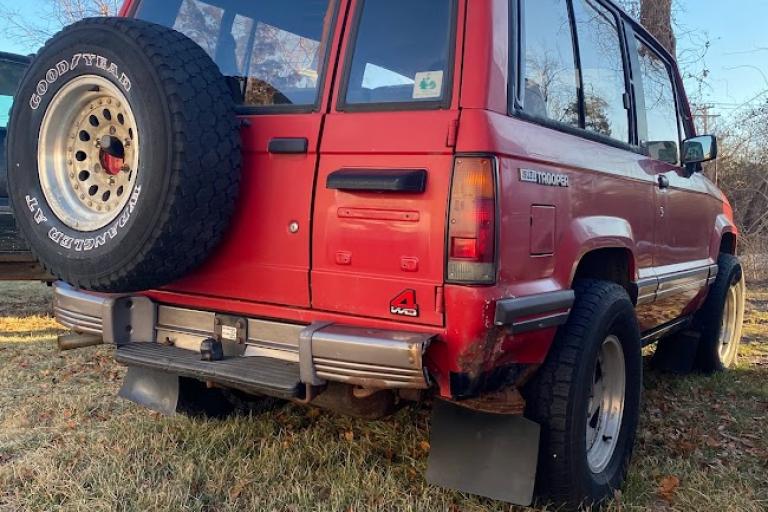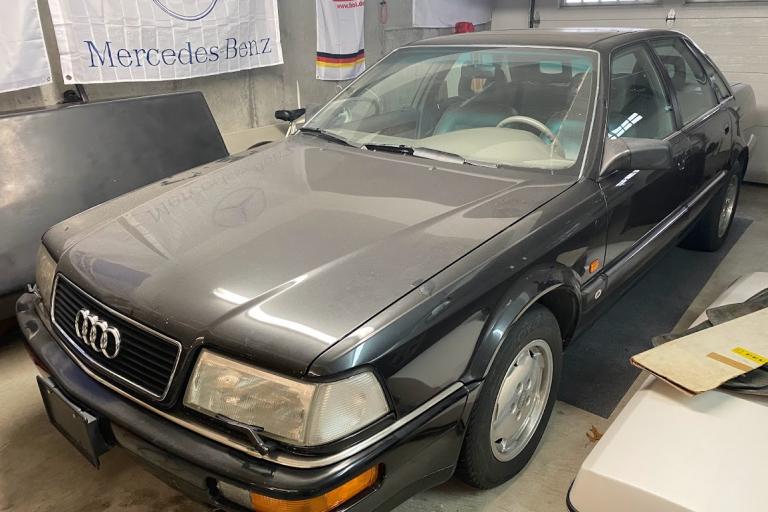Today, Grassroots Motorsports announced that Hagerty purchased the rights to the Radwood car show. This is the latest in an increasingly long line of acquisitions Hagerty has made, and this is in the midst of the company deciding to go public. To say it's been a big year for what ...
TCG Stories
By: Jeff,
As we all know by now, the new car market is a hot mess, with automakers facing legitimate shortages that are driving up prices to batshit levels. I don't know who needs to hear this, but that new minivan you're financing for $50,000 will never be worth that much after ...
By: Jeff,
In the summer of 2020, I decided that the '99 BMW M3 convertible I bought was in no way a sufficient replacement for the '95 M3 coupe I lost to headgasket failure and pending first-child arrival. The magic was gone; I knew I lost a special car two years earlier ...
By: Jeff,
For years, I've resisted the need to own a Porsche. I just felt like it was too much fan-boyism, you have to own a 911 if you're a true enthusiast nonsense. Plus, they're just overpriced. Parts are expensive. Maintenance is expensive. Everything is expensive.
So, all of that works against ...
By: toolbox,
Oil changes. Oil type. Oil weight. Hocus-pocus. Every single auto forum has questions from users about oil; the questions are all over the place and are usually flame-fights between people that have no idea what oil does, and fan-boys/girls of a specific brand or philosophy.
Regardless of where you stand ...
By: john,
Here is an interesting article from Jalopnik who have this great weekly segment on the absurdity (or reality, depending on where you lie) regarding the BaT online marketplace.
As everyone who lives in the car world knows, BaT has become the de facto space to browse for what's out there ...
By: Jeff,
I've long struggled with why I'm hopelessly committed to the 1989 Isuzu Trooper RS project. I've given myself the litmus test a few times of, "Who could I sell this to, quickly?" - and I know exactly who that would be - and every time, I say, "No way."
At ...
By: Jeff,
Seriously, I am wondering when the other shoe is going to drop. The 1990 Audi V8 Quattro showed up the other day looking like it had 15,000 miles on the clock rather than 82K (which is still pretty damn low.) The paint is gorgeous; once detailed, it's going to look ...

